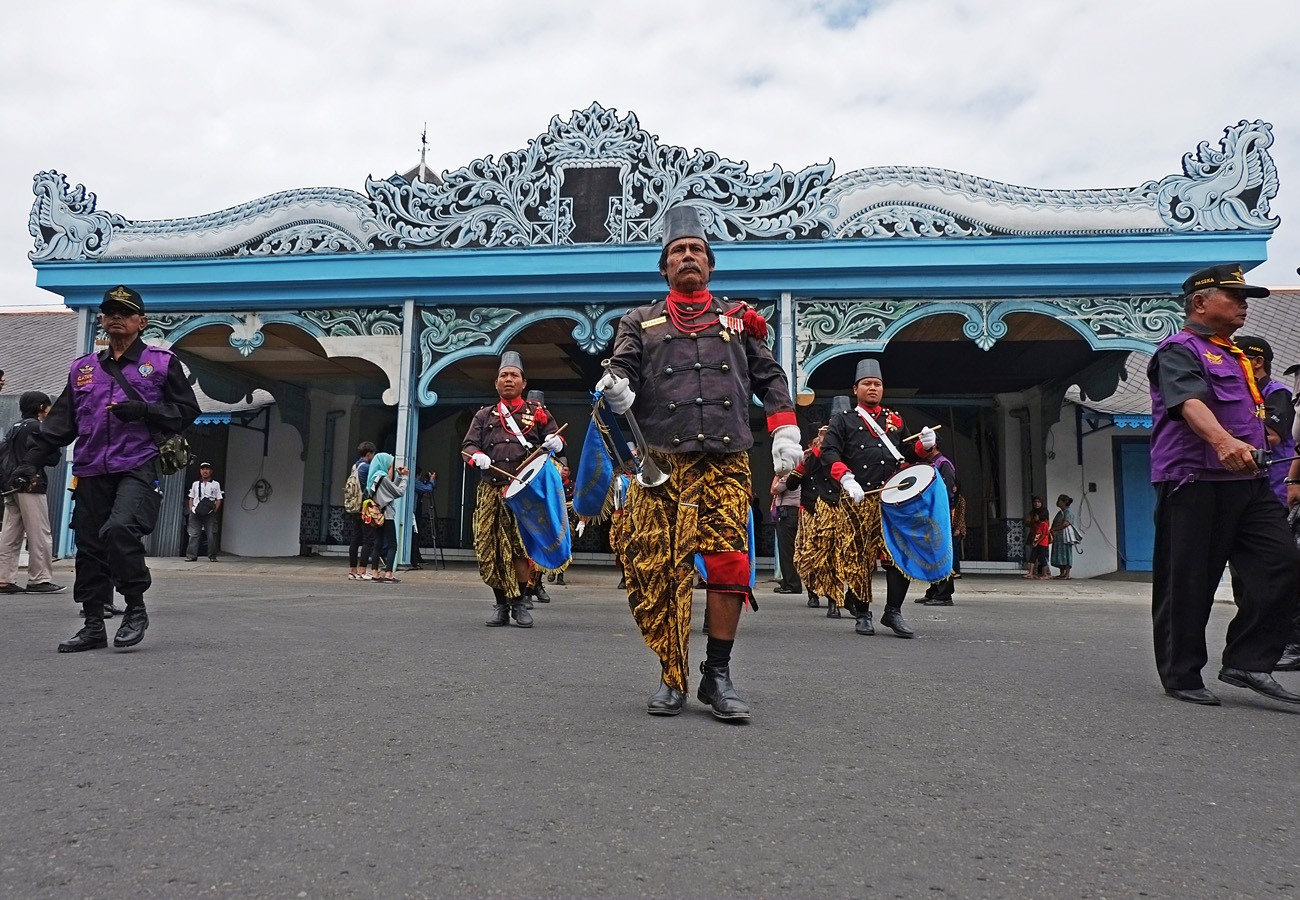Popular Reads
Top Results
Can't find what you're looking for?
View all search resultsPopular Reads
Top Results
Can't find what you're looking for?
View all search resultsMonarchs within the Republic
The Surakarta brouhaha should trigger a comprehensive review of special regions and the formation of new regions in general as practices that could undermine our democratic institutions.
Change text size
Gift Premium Articles
to Anyone
T
he sultanate city of Surakarta, also known as Solo, in Central Java, has recently become the talk of the town, not because of any great event it will host, but due to the controversy over whether it deserves the special region status its neighbor Yogyakarta has enjoyed since the founding of the Republic.
Regional autonomy director general Akmal Malik told a hearing of House of Representatives Commission II overseeing home affairs on April 24 that the Home Ministry had received aspirations to form six special regions, including in Central Java. Lawmaker Ahmad Irawan told the media that a member of the Surakarta royal family, Dany Nur Adiningrat, was behind the proposal for the formation of Surakarta as a special region separate from Central Java.
Speaking to the media, Dany said the Surakarta sultanate’s role in the early phase of Indonesian independence and its rights over its past assets should be acknowledged by the state by reinstating Surakarta’s special status, which was revoked in 1946. Dany also spoke on social media on behalf of the crown prince of the Surakarta sultanate, Hamengkunegoro Sudibya, expressing his regret that the sultanate joined the Republic.
After Indonesia gained independence, Surakarta was given special status that allowed self rule for its sultanate, similar to Yogyakarta. The Yogyakarta sultanate still has this authority, but its Surakarta counterpart lost its power in 1950 when the city was added to Central Java province after anti-monarchist sentiment grew in 1946.
A lawyer representing the Surakarta sultanate has said the sultan had no connection with the bid for special region status, while Surakarta Mayor Respati Ahmad Ardianto and Central Java Governor Ahmad Luthfi have dismissed the idea.
The aspiration to revive the Surakarta special region appears to lack public or political support and more or less reflects internal squabbling within the sultanate, which no longer holds any real power. Policymakers may deem the discourse a nonissue, but the Surakarta brouhaha should trigger a comprehensive review of special regions and the formation of new regions in general as practices that could undermine our democratic institutions.
Law No. 23/2014 on regional government does not specifically address the issue of granting special status to a region. In practice, however, the status has been awarded to a region based on the specificity of its history, culture and its role in the formation of the Republic.
For example, Yogyakarta obtained special status, as stipulated in Law No. 13/2012 on Yogyakarta Special Region, as recognition of Yogyakarta's history as a kingdom that voluntarily joined the Republic of Indonesia after independence and its contribution to the formation of the state.
The manifestation of Yogyakarta’s special status is the privilege given to the sultan of Yogyakarta and the ruler of the Pakualaman principality to act as the governor and deputy governor, respectively, without going through elections. This very practice runs counter to the principles of electoral democracy through which people exercise their right to choose their regional leaders. The special status, to a certain extent, justifies the existence of a monarchy within the Republic.
Aceh also has special status, allowing the province to enforce sharia. This was a compromise the government accepted in order to bring an end to decades of bloody separatist violence in the country’s westernmost territory. Unlike Yogyakarta, however, Aceh elects its leader as a demonstration of its commitment to democracy.
Policymakers should not entertain the notion of the formation of a Surakarta special region, as it will inspire dozens of other active royalties subjugated by the former Dutch colonial masters to follow suit. Similarly, the government and the House should cautiously respond to demands for the creation of new autonomous regions, as many of them are driven by the wishes of local elites to secure power.
Instead, it is time for us to assess whether special status has had a significant impact on the democratic governance of Yogyakarta, or whether it is merely symbolic. If the latter is the case, then a revision of the Yogyakarta Special Region Law is a must.











